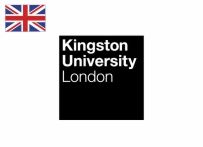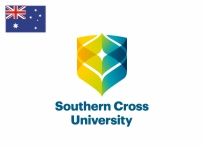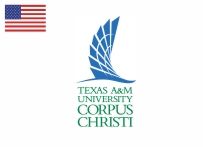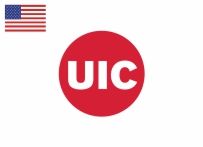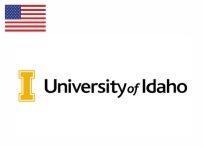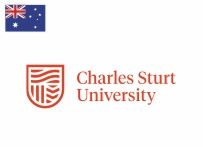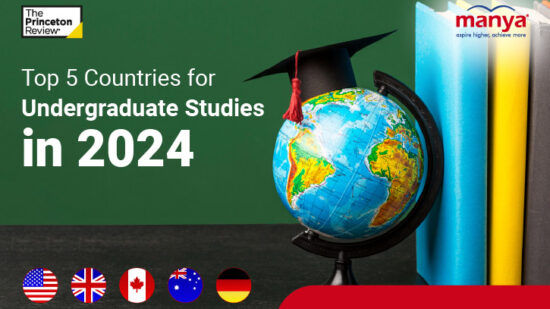Manya Partner Admissions Program
Over the years, Manya-The Princeton Review has forged strong international alliances with 600+ partner universities across the globe. The partner (international) universities truly recognise and appreciate the quality of the Indian student population. To leverage this valuable opportunity to the maximum, they have joined hands with Manya, a market leader in overseas admissions. Manya boasts of tie-ups with several universities in the USA, the UK, Canada, Australia and Germany, which are the most-revered study abroad destinations. Apart from the above, some of our partner universities are based in Ireland, Spain and Singapore as well.
The notable partner universities include San Jose State University, The University of Kansas, Colorado State University, University of Cincinnati, New Jersey Institute of Technology, Kent State University, Kingston University (London), Singapore Management University, to name a few.
The Manya Partner admissions consulting service extends the entire gamut of admissions consulting services to applicants aiming to apply to a select list of universities from our partner universities’ bucket.







